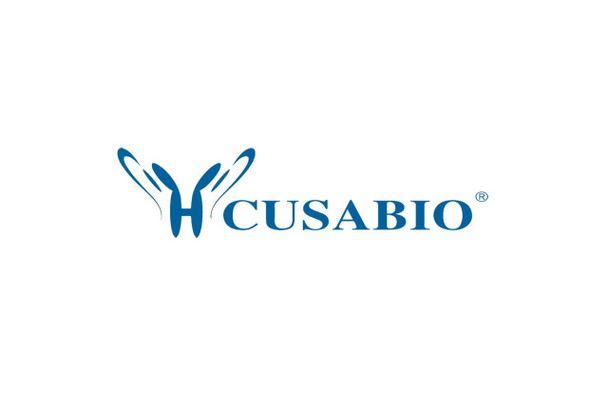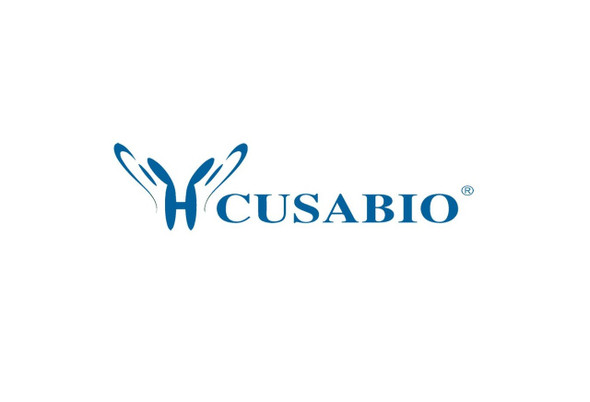Cusabio Active Proteins
Recombinant Human Granulocyte colony-stimulating factor (CSF3), partial (Active) | CSB-AP003631HU
- SKU:
- CSB-AP003631HU
- Availability:
- 5 to 10 Working Days
Description
Recombinant Human Granulocyte colony-stimulating factor (CSF3) ,partial (Active) | CSB-AP003631HU | Cusabio
Protein Description: Partial of Isoform 2
Alternative Name (s) : Granulocyte Colony-Stimulating Factor; G-CSF; Pluripoietin; Filgrastim; Lenograstim; CSF3; C17orf33; GCSF
Gene Names: CSF3
Research Areas: Cancer
Species: Homo sapiens (Human)
Source: E.coli
Tag Info: Tag-Free
Expression Region: 31-204aa
Sequence Info: TPLGPASSLPQSFLLKCLEQVRKIQGDGAALQEKLCATYKLCHPEELVLLGHSLGIPWAPLSSCPSQALQLAGCLSQLHSGLFLYQGLLQALEGISPELGPTLDTLQLDVADFATTIWQQMEELGMAPALQPTQGAMPAFASAFQRRAGGVLVASHLQSFLEVSYRVLRHLAQP
Biological Activity: The ED50 as determined in a cell proliferation assay using NFS‑60 mouse myelogenous leukemia lymphoblast cells is less than 0.2 ng/ml
MW: 18.8 kDa
Purity: Greater than 95% as determined by SDS-PAGE.
Endotoxin: Less than 1.0 EU/µg as determined by LAL method.
Relevance: Human Granulocyte-Colony-Stimulating Factor (G-CSF) is 20 kD glycoprotein containing internal disulfide bonds. It induces the survival, proliferation, and differentiation of neutrophilic granulocyte precursor cells and it functionally activates mature blood neutrophils. Among the family of colony-stimulating factors, G-CSF is the most potent inducer of terminal differentiation to granulocytes and macrophages of leukemic myeloid cell lines. The synthesis of G-CSF can be induced by bacterial endotoxins, TNF, Interleukin-1, and GM-CSF. Prostaglandin E2 inhibits the synthesis of G-CSF. In epithelial, endothelial, and fibroblastic cells secretion of G-CSF is induced by Interleukin-17.
PubMed ID:
Notes: Repeated freezing and thawing is not recommended. Store working aliquots at 4℃ for up to one week.
Function:
Involvement in disease:
Subcellular Location:
Protein Families:
Tissue Specificity:
Paythway:
Form: Lyophilized powder
Buffer: Lyophilized from a 0.2 μm Filtered 10 mM HAc-NaAc, 150 mM NaCl, 0.004% Tween 80, 5% Mannitol, pH 4.0
Reconstitution: We recommend that this vial be briefly centrifuged prior to opening to bring the contents to the bottom. Please reconstitute protein in deionized sterile water to a concentration of 0.1-1.0 mg/mL.We recommend to add 5-50% of glycerol (final concentration) and aliquot for long-term storage at -20℃/-80℃. Our default final concentration of glycerol is 50%. Customers could use it as reference.
Uniprot ID: P09919-2
Uniprot Entry Name:
HGNC Database Link: N/A
UniGene Database Link: N/A
KEGG Database Link: N/A
STRING Database Link: N/A
OMIM Database Link: N/A









